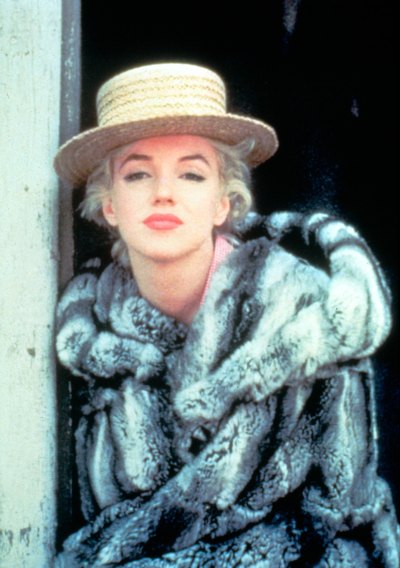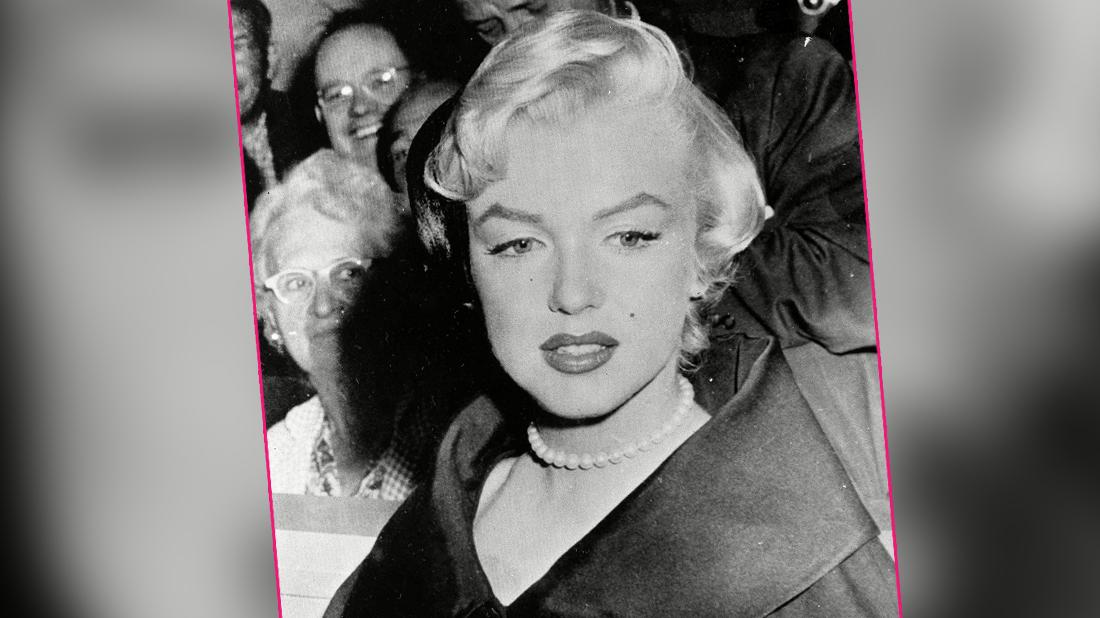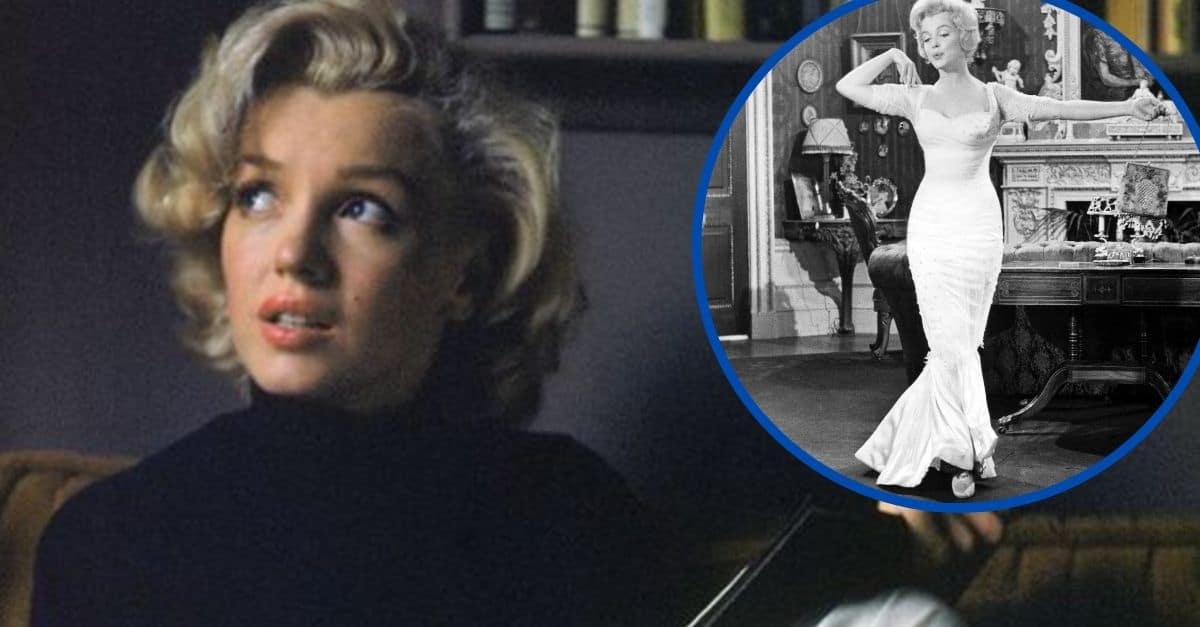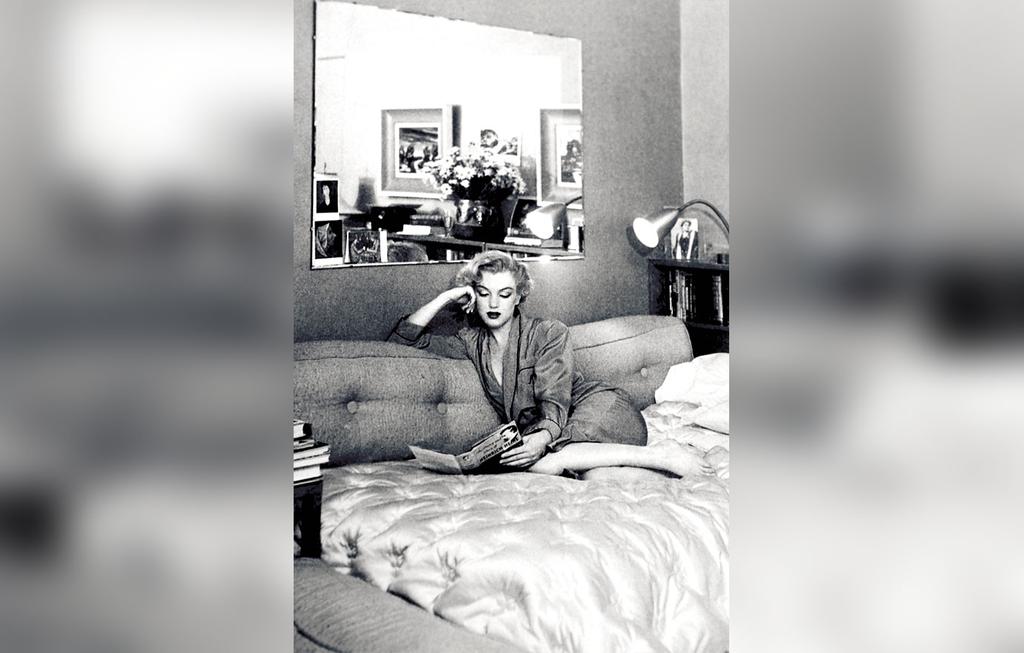Let me take you back to the 1960s when Marilyn Monroe was not just an icon but a global sensation. Everyone adored her, but behind the dazzling smile and the Hollywood glamor, there was a deeply troubled woman. In the latest episode of "The Killing of Marilyn Monroe," we uncover some startling truths about her mental state during her final days.
Monroe's Inner Turmoil
In the podcast's final episode, entertainment journalist Charles Casillo dives deep into Monroe's life and reveals how, despite her immense fame and beauty, she was grappling with a profound sense of identity crisis at the age of 36. Monroe, who seemed to have it all on the outside, was internally wrestling with an overwhelming unhappiness and a deep-seated death wish.
Read also:Understanding Xnxn A Comprehensive Guide To Its Applications Benefits And Future
"She was a very, very deeply unhappy person, much of the time with a death wish," Casillo says, painting a picture of a woman who was far from the happy-go-lucky starlet the world saw on screen.

Monroe's Final Months
Monroe's final months in 1962 were filled with heartbreak and turmoil. The podcast revisits a disastrous weekend she spent with the Kennedys, where she was manipulated and mistreated. Her failed relationships with President John F. Kennedy and Attorney General Bobby Kennedy added to her emotional distress. Just days before her death on August 5, 1962, Monroe was left heartbroken when the Kennedy brothers ended their secret affairs to protect their political careers.
Historian's Perspective
Historian Bill Birnes provides additional insight in episode 12, sharing that Monroe was never truly fulfilled. "She was obviously astoundingly beautiful, but she was also very needy and she was a very damaged person," Birnes explains, shedding light on the complexity of Monroe's character.

The podcast delves into the mystery surrounding Monroe's death at the age of 36. Found naked in her bed in Brentwood, California, surrounded by pills, many initially believed she had taken her own life. However, experts like investigator Becky Altringer argue that the evidence suggests Monroe's death was staged, pointing to the possibility of foul play.


